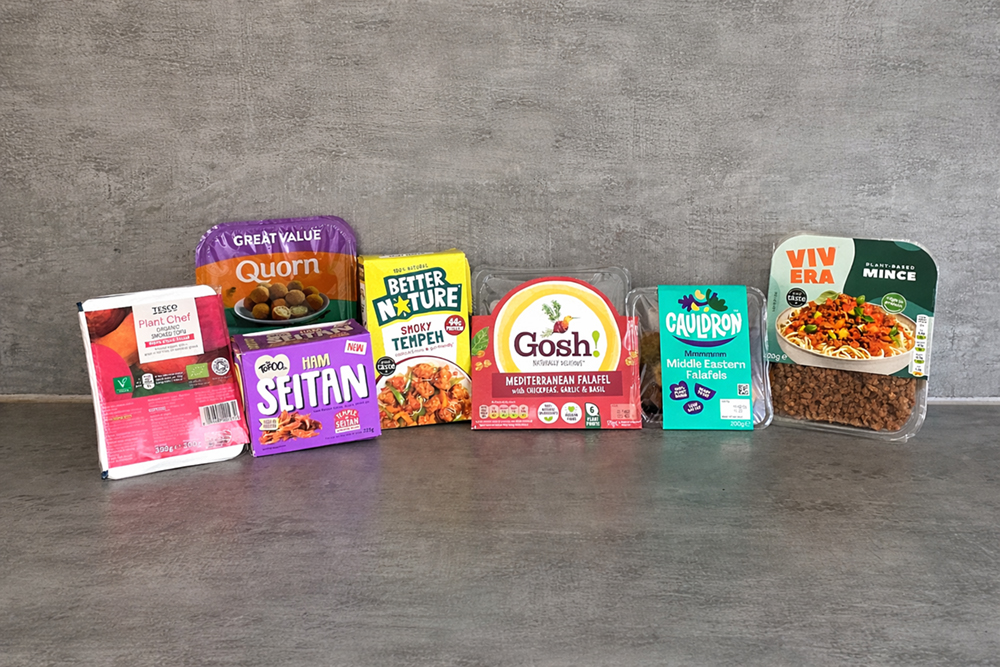

Netflix series on twins is 'empowering' insight into benefits of plant-based diets
If you're looking for something thought-provoking on Netflix, ProVeg recommends a four-part Netflix docuseries called You Are What You Eat: A Twin Experiment.
The series reveals the results of a Stanford University study which tracked the health of 22 sets of identical twins in the USA over a carefully monitored eight-week period. During the study, one twin in each set was given a plant-based diet and the other twin was given an omnivore diet.
By studying identical twins, the researchers were able to control for genetics and limit other factors, as the twins grew up in the same households and reported similar lifestyles.
The researchers also ensured both diets offered were healthy – including vegetables, legumes, fruits and whole grains and void of sugars and refined starches. But one diet was entirely plant-based and excluded meat or animal products such as eggs or milk. The other diet was omnivorous and included chicken, fish, eggs, cheese, dairy and other animal-sourced foods.
“It was heartening to see that within as little as eight weeks, the Stanford researchers found that the twins on the plant-based diet saw their cardiovascular health improve,” said Sebastian Joy, Founding President of ProVeg International.
“The series is a helpful contribution to the growing body of scientific evidence that shows that plant-based foods can markedly improve our general health and well-being,” Joy added.
The series features a number of high-profile interviewees, including New York’s mayor, Eric Adams, who talks about the introduction of plant-based meals into the city’s schools and hospitals and about his personal decision to change his diet when he started suffering from serious health issues.
The docuseries also shows how transitioning to a plant-based diet can greatly reduce the environmental damage caused by the global food system. Animal agriculture is responsible for one-fifth of global greenhouse gas emissions as well as 32% of total human-caused emissions of methane.
Animal agriculture is also the leading cause of deforestation in the Amazon rainforest and, as the Netflix series points out very clearly, is also responsible for environmental and health problems in North America and Europe through the industrialised systems in place for farming cows, pigs, chickens and fish.
“The series is very empowering as it shows how individuals can make a real difference in the fight against climate change and environmental destruction, simply by reducing their meat consumption. Many people feel helpless in the face of the daily news bulletins underscoring the growing threat to our climate and its biodiversity. But eating more plant-based foods can release the pressures on the environment as well as lead to marked increases in health. In many ways, a plant-rich diet is a win-win for both people and the Earth,” Joy said.
In a separate study by the University of Exeter in the UK, plant-based foods have been identified as a “super leverage point”. The study describes a leverage point as a small intervention that can cause a large effect. “Super-leverage points” not only cut emissions in one key sector, but also support faster changes in other parts of the economy, enabling rapid decarbonisation.
If you have any questions or would like to get in touch with us, please email info@futureofproteinproduction.com

.png)






